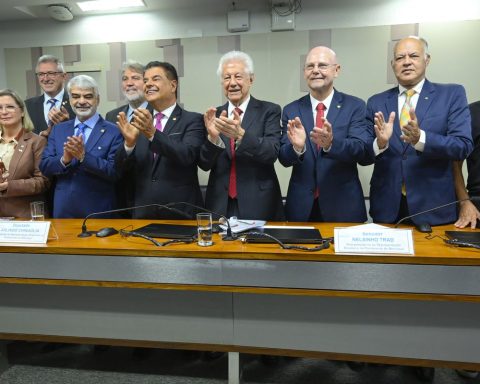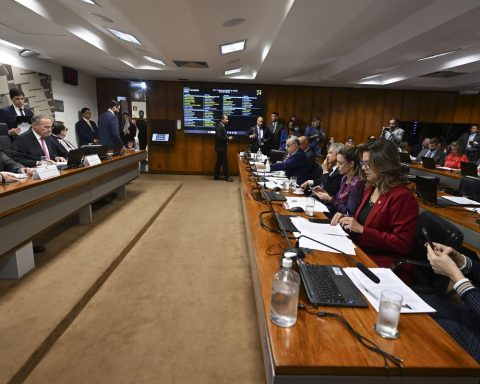The Secretary of the Federal Revenue Service, Robinson Barreirinhas, reported that revenue in the first half of the year exceeded expectations. The figures will only be released next Wednesday (24), but the secretary said that federal revenue grew 13.6% in nominal values and 9.08% above inflation in the first six months of the year compared to the same period last year. If we compare June with the same month last year, revenues rose 15.72% in nominal values and 11.02% above inflation.
According to Barreirinhas, the elevation of primary deficit forecast for R$28.8 billion was mainly due to the impact of the extension of the payroll tax exemption for 17 sectors of the economy and for small municipalities.
“Tax collection is going well, but a little lower than what is needed to cover expenses due to some tax breaks and some frustrations. In this [relatório] bimonthly, the exemption of municipalities weighs heavily, which was not yet in the document”, explained Barreirinhas in an interview to explain the freezing of R$15 billion in resources from the 2024 Budget.
Although Finance Minister Fernando Haddad recently said that the government estimated the total impact of the tax relief at R$18 billion in 2024Barreirinhas continues to estimate the impact of the extension of the payroll tax exemption on federal coffers at around R$25 billion. Of this total, between R$19 billion and R$20 billion will come from benefits to companies and R$10.4 billion will come from aid to municipalities.
According to Barreirinhas, the estimate was maintained based on data from newly created Declaration of Incentives, Waivers, Benefits and Immunities of a Tax Nature (Dirb)whose submission deadline ended on Saturday (20) and whose delivery will be repeated every two months. The secretary reported that 355 thousand companies declared tax benefits to the IRS and that the values are in line with the original estimates of the IRS.
Revenue projection
To meet the zero primary deficit target set by the new fiscal framework, the government needs R$168 billion in additional revenue. Until the previous edition of the Bimonthly Revenue and Expenditure Report, in May, the Federal Revenue Service released the annual estimate. The new report, however, did not include the annual estimates and only presented the projection of collecting an additional R$87.138 billion in the second half of the year.
Barreirinhas justified the measure based on revenues already collected and an average delay of two months in the entry of resources with the reestablishment of the government’s tie-breaking vote in the Administrative Council of Tax Appeals (Carf), a tax authority that judges administrative processes of tax debts. The report reduced the estimated revenue in 2024 from R$55.647 billion to R$37.111 billion, with the difference being transferred to the first two months of 2025.
Taxation of imports
Despite the approval of the law that imposed a 20% tax on purchases of imported products over the internet worth up to US$50, Barreirinhas reported that the Bimonthly Revenue and Expenditure Report, a document that guides the execution of the Budget, does not include revenue estimates. According to him, the IRS is waiting for the first revenues from the tax to enter the federal treasury to project data for inclusion in the September report.
“From August onwards, we will have the collection data. Then we can make an estimate”, declared the secretary.
After the sanction of the Mover Program law, which included a “rider” with a 20% tax on Import Tax, the government issued a provisional measure (MP) postponing the start of the collection until August, while the Federal Revenue Service sets up an electronic collection system. The MP also kept the tax rate for importing medicines online at zero.
















